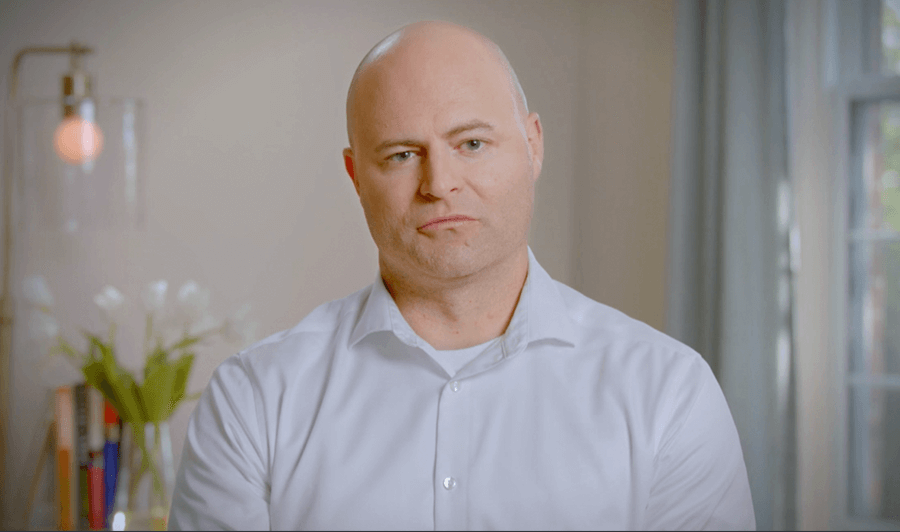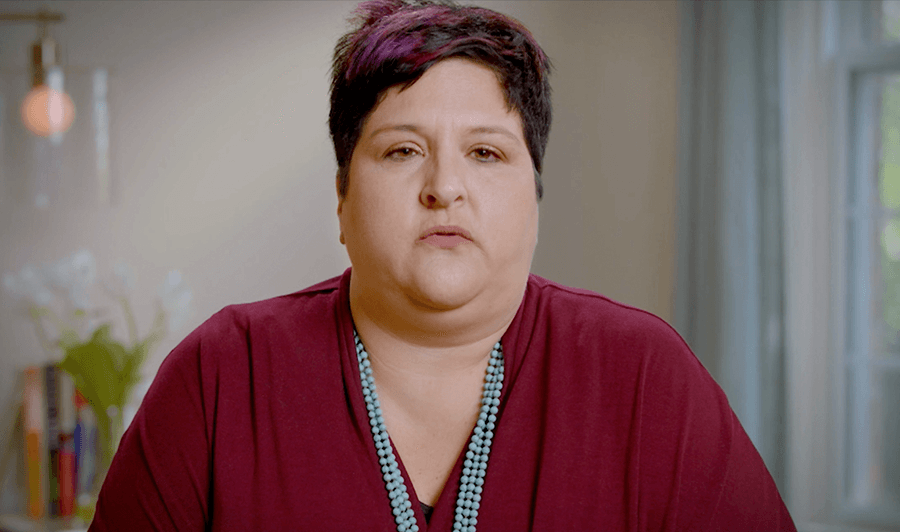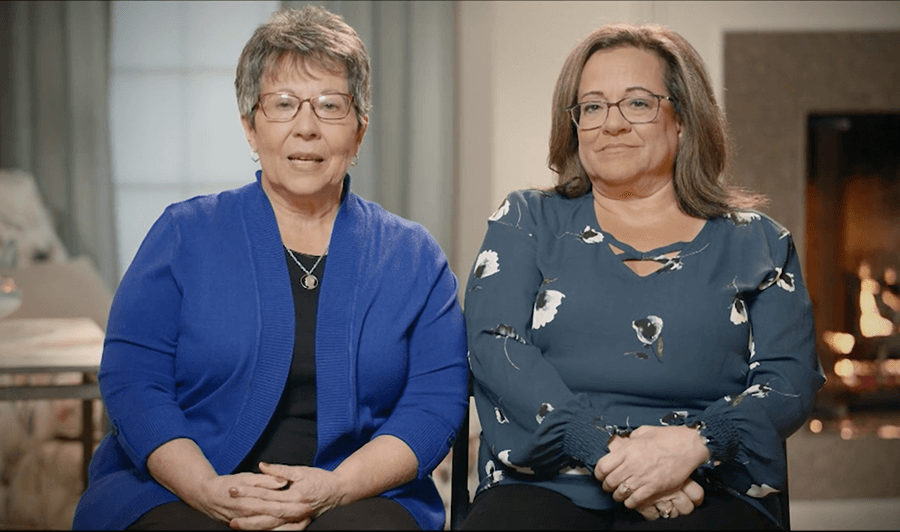
Signs Your Loved One is Not Being Monitored in a Waterloo Nursing Home
As we age, our bodies tend to become more fragile, and our mental and physical abilities may decline, making it challenging to live independently. As a result, many older adults may require specialized care and monitoring, which is where nursing homes can provide vital support.
Nursing homes are designed to provide a safe and comfortable living environment for older adults who require constant monitoring, medical care, and assistance with daily living activities.
They typically offer a range of services, such as personal care, medication management, physical therapy, and recreational activities to improve the quality of life for their residents.
However, despite the best efforts of nursing home staff, there are cases where residents may not receive the care and attention they require, and their loved ones may not be aware of it.
In such cases, signs that a loved one is not being adequately monitored can manifest in various ways, including:
- Unexplained injuries or bruises
- Rapid weight loss or dehydration
- Poor hygiene or unsanitary living conditions
- Repeated falls or injuries
- Infections or bedsores
- Unexplained changes in behavior or mood
- Medication errors or missed doses
- Ignored calls for assistance
- Lack of communication from staff about their loved one’s care and condition.
If you suspect that your loved one is not receiving appropriate care and monitoring in a nursing home, it is essential to address the situation immediately. You can speak to the nursing home staff or management and express your concerns or request a meeting with them to discuss the issue.
Additionally, you may consider seeking legal advice from an attorney specializing in nursing home abuse or neglect cases.
In conclusion, nursing homes play a vital role in providing specialized care to older adults who require constant monitoring, medical attention, and assistance with daily living activities.
However, it is crucial to be vigilant and look for signs that your loved one may not be receiving adequate monitoring or care. By doing so, you can ensure that they receive the support they need and deserve to live a healthy and fulfilling life in a nursing home.
How to Report Nursing Home Abuse or Neglect
If you suspect that a resident in a nursing home is being abused or neglected, it is essential to take immediate action. Elder abuse and neglect can take many forms, including physical abuse, sexual abuse, emotional abuse, financial exploitation, and neglect. Unfortunately, these types of abuse often go unnoticed or unreported, which can lead to serious harm to the affected individual.
To report abuse or neglect in a nursing home, you should follow these steps:
- Contact the nursing home: Speak with the nursing home administrator, director of nursing, or another responsible official and explain your concerns. Provide as much detail as possible about the situation, including dates, times, and the names of anyone involved. If you feel uncomfortable speaking with someone at the nursing home, you can also report your concerns anonymously.
- Contact the local ombudsman: The ombudsman is a representative of the government who helps resolve complaints about long-term care facilities. They can help you navigate the process of reporting abuse or neglect, and ensure that your complaint is taken seriously.
- Report to the Iowa Department of Inspections and Appeals (IDIA): Contact the IDIA to report the suspected abuse or neglect. IDIA investigates reports of abuse, neglect, and exploitation of older adults and people with disabilities. You can make a report by calling IDIA’s phone number or by submitting your complaint on IDIA’s website.
- Call the police: If the abuse or neglect is an emergency and requires immediate attention, you should call the police. For example, if the resident is in immediate danger or if a crime has been committed, the police can respond and provide assistance.
- Document the abuse: Write down what you saw or heard, who was involved, and when it happened. Keep this information in a safe place, such as a journal or a file on your computer. This documentation can be helpful if you need to follow up with the nursing home or if you need to provide evidence to authorities.
It is important to remember that reporting suspected abuse or neglect is a serious matter and should not be taken lightly. Your report can help protect the residents and ensure that they receive the care they deserve.
In addition, reporting abuse or neglect can help prevent it from happening to other residents in the future. If you are unsure whether a situation constitutes abuse or neglect, it’s always better to err on the side of caution and make a report.
Types of Damages You Could Receive in a Nursing Home Settlement
When a nursing home is found to be at fault for causing harm to a resident, a settlement may be reached in which the nursing home agrees to pay a sum of money to compensate the resident for the harm that was done. Several types of damages may be included in a nursing home settlement, including:
- Compensatory damages: These are damages intended to compensate the resident for the harm that was done. This may include compensation for medical expenses, pain and suffering, loss of function to the body or mind before your loved one’s death, and other costs associated with the harm.
- Punitive damages: In some cases, a nursing home may be found to have acted with willful and wanton disregard for the resident’s safety, which could result in punitive damages being awarded. Punitive damages are intended to punish the nursing home for their actions and to deter others from engaging in similar behavior.
- Loss of consortium damages: If a resident dies because of the nursing home’s actions, their family may be able to seek damages for loss of consortium. This may include compensation for the loss of the benefits of companionship, comfort, guidance, affection, and aid that the decedent provided.
The specific types and amounts of damages that may be included in a nursing home settlement will depend on the circumstances of the case and the laws in the relevant jurisdiction. It’s important to consult with an attorney who specializes in nursing home abuse and neglect cases to understand your legal rights and options.
RSH Legal has over 35 years of experience fighting for fairness for injured nursing home residents and their families. If you would like a free, no-obligation case evaluation, call 319-409-6575 today.

Tim Semelroth
Board-Certified Trial Attorney

Pressley Henningsen
AV-Rated Trial Attorney
A car came through the median and we were hit head on. Every bone in my body from my lower jaw down to the bottom of my feet was broken. My medical bills were in the hundreds of thousands of dollars. I can’t imagine going through something like this without someone like Tim or RSH Legal.
See more Client ReviewsClient Reviews









